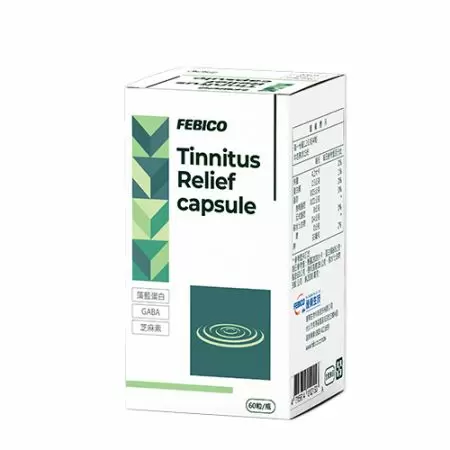
Tinnitus
Has the ringing persisted for a long time? Will it ever heal?
10-15% of the adult population experiences tinnitus .
Tinnitus is a continuous sound in the ears that has no external source. It can occur in one or both ears and is considered subjective, as only the affected individual can hear it. People with tinnitus describe the sound in various ways, such as a high-pitched whistle, buzz, chirp, whoosh, or pulse, with the pitch varying. The key characteristic is its constant, persistent nature. Tinnitus often indicates a possible problem within the inner ear or the auditory system, highlighting the need to investigate and address any underlying causes.
Tinnitus affects millions of people worldwide, with estimates suggesting that around 10-15% of the adult global population experiences some form of the condition. This translates to approximately 750 million to 1 billion people.
How to cope with tinnitus?
According to the tinnitus treatment guideline published in July 10th, 2024, there are multiple ways to treat patients impacted by tinnitus. While each treatment has its pros and cons, the timing of treatment is more important than the treatment itself. When we are lacking key nutrients for our ear’s health, supplementing nutrition will be very beneficial.
However, based on 3rd party’s research summary, In vivo studies indicate that phycocyanin can improve the accuracy of voice recognition and increase the number of successful notice avoidance instances. [1]
As one of major cause of tinnitus is the impairment of cochlea, phycocyanin can enhance antioxidant status, decrease oxidative damage, and is capable of passing through blood brain barrier to protect our brain from oxidative damage and improve hearing sensitivity in the cochlea and brainstem.
Table 1. Summary of management of tinnitus [2]
| Weak against | Weak for | Neither for or against |
Amplification devices |
| Hearing aids for those with hearing loss | Use of contralateral routing of signal/sound (CROS) hearing aids |
Surgical |
| Cochlear implantation | Implantable bone conduction devices |
Sound-based intervention |
| Sound for self-care | Auditory cognitive training |
Behavioral intervention alone |
|
| Sound therapy with altered music Mindfulness-based therapies |
Combined soundbased and behavior intervention |
| Sound therapy combined with cognitive behavior therapy |
|
Neuromodulation or neurostimulation | Low-level laser therapy |
| Repetitive transcranial magnetic stimulation (TENS)/transcranial direct current stimulation (tDCS) |
Manual therapy |
| Multidisciplinary approach |
|
Complementary and integrative health |
|
| Acupuncture |
Herbal, nutraceutical, supplements | The use of ginkgo, biloba, dietary or herbal supplements |
|
|
Reference
1."Spirulina Prevents Memory Dysfunction, Reduces Oxidative Stress Damage and Augments Antioxidant Activity in Senescence-Accelerated Mice." Journal of Nutritional Science and Vitaminology, vol. 57, no. 2, 2011, pp. 186–191, https://doi.org/10.3177/jnsv.57.186.
2."VA/DoD Management of Tinnitus Guideline Summary."Guideline Central, 22 July 2021, www.guidelinecentral.com/guideline/3922239/#section-anchor-3922253. Accessed 4 Sept. 2024.
- Related Product
FEBICO® Inner Ear Support Capsules
300mg per capsule | 60 capsules per box
FEBICO® Inner Ear Support Capsules are formulated with a blend of natural ingredients designed to support ear health and reduce ringing or buzzing sensations....
Details


